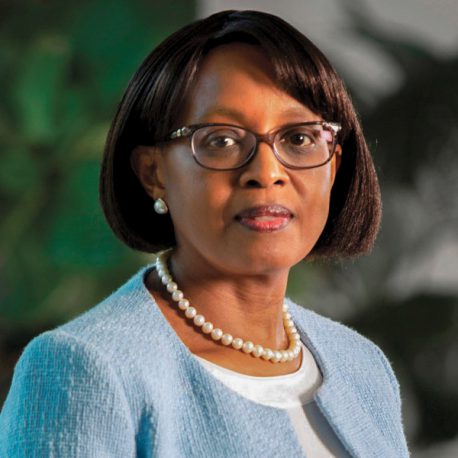Why Africa beat the COVID-19 predictions By Aylin Elci
The African continent has experienced fewer COVID-19 casualties than initially predicted.According to the World Health Organization, the continent has benefited from social and environmental factors and strong public health measures.
While infections spread worldwide, COVID-19 cases have been declining across the African continent since July. The reason, according to the World Health Organization and other experts, is the result of a combination of public health measures paired with strong socio-environmental factors.

Timely response
Early on, some worried that a shortage of health professionals and equipment would make battling COVID-19 difficult – or even catastrophic. Others wondered if prevention measures, such as handwashing, could be easily adapted to varying contexts where finding fresh running water can be difficult.
Read also:Report shows multidimensional challenges caused by Covid-19 across Africa
Years of experience battling previous pandemics, however, helped ensure the continent’s response was swift and more tailored to local needs and capacities than it might have been otherwise. Fraying global solidarity also galvanized many nations to seek out solutions themselves rather than wait for resources or support.
“Africa has not witnessed an exponential spread of COVID-19 as many initially feared,” Dr Matshidiso Moeti, World Health Organization (WHO) Regional Director for Africa, was quoted in the release.
“The downward trend we have seen in Africa over the past two months is undoubtedly a positive development and speaks to the robust and decisive public health measures taken by governments across the region,” said Moeti.
Population
Africa’s younger population has helped keep case numbers – and deaths – down. Around 40% of the continent’s population is younger than 14, according to World Bank data. Algeria, one of the continent’s most affected countries also has one of the larger shares of older residents (6.5% of people 65 and older, around twice the share of the continent as a whole.)
Read also:COVID-19 and HIV: so far it seems the outcome is not what was feared
What is more, African culture is more inclusive of older persons and many live with their families instead of care homes, which have proven to be extremely high-risk environments. Large shares of older populations helped drive death rates in countries around the world. At one point in the US, one third of all deaths came from nursing home residents and their workers.
Mobility
Travel challenges have helped limit the virus’ spread. Travel within the African continent can be more challenging than in other areas around the world due to the continent’s sheer size and the lower development of road networks. Additionally, the high-cost of inter-continental flights can make air travel less attractive.
To bridge those gaps, countries leveraged new technologies and approaches to adhere to health guidelines, keeping goods moving and people safe. For instance, a special system forged by the six nations of the East African Community helped truckers efficiently share COVID-19 test results to speed cross-border trade.
Read also:Three Digital Transformation Priorities for Healthcare Organisations in Africa By Mervyn George
Meanwhile, lightweight drones helped get deliveries of supplies such as blood and PPE to hospitals and clinics to rural communities in Africa. Trips that might have taken an entire day by car can take 30 minutes or less by drone.
To date, the continent has seen 1.4 million cases and 36,000 deaths, a fraction of those other countries have experienced. Its recovery rate has been nearly 80%. Still, the country must remain vigilant. Nearly 80% of those infected in Africa show no symptoms, Moeti recently explained. Progress has made some complacent.
As long as the virus is spreading, the risk for an uptick in spread and overwhelmed health systems is real. As Moeti explained, “The slower spread of infection in the region means we expect the pandemic to continue to smoulder for some time, with occasional flare-ups.”
Aylin Elci, Communications Officer, World Economic Forum Geneva
Kelechi Deca

Kelechi Deca has over two decades of media experience, he has traveled to over 77 countries reporting on multilateral development institutions, international business, trade, travels, culture, and diplomacy. He is also a petrol head with in-depth knowledge of automobiles and the auto industry

